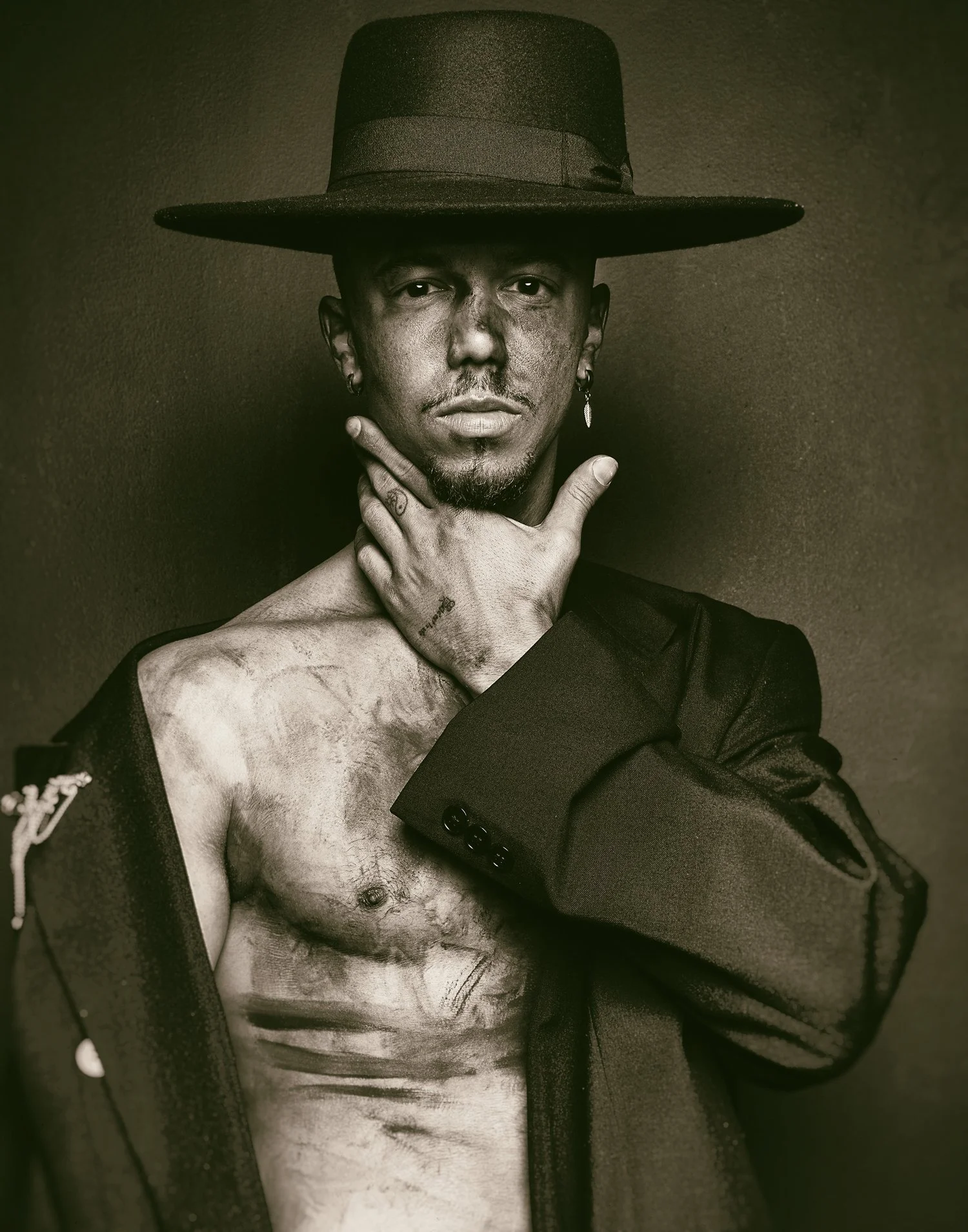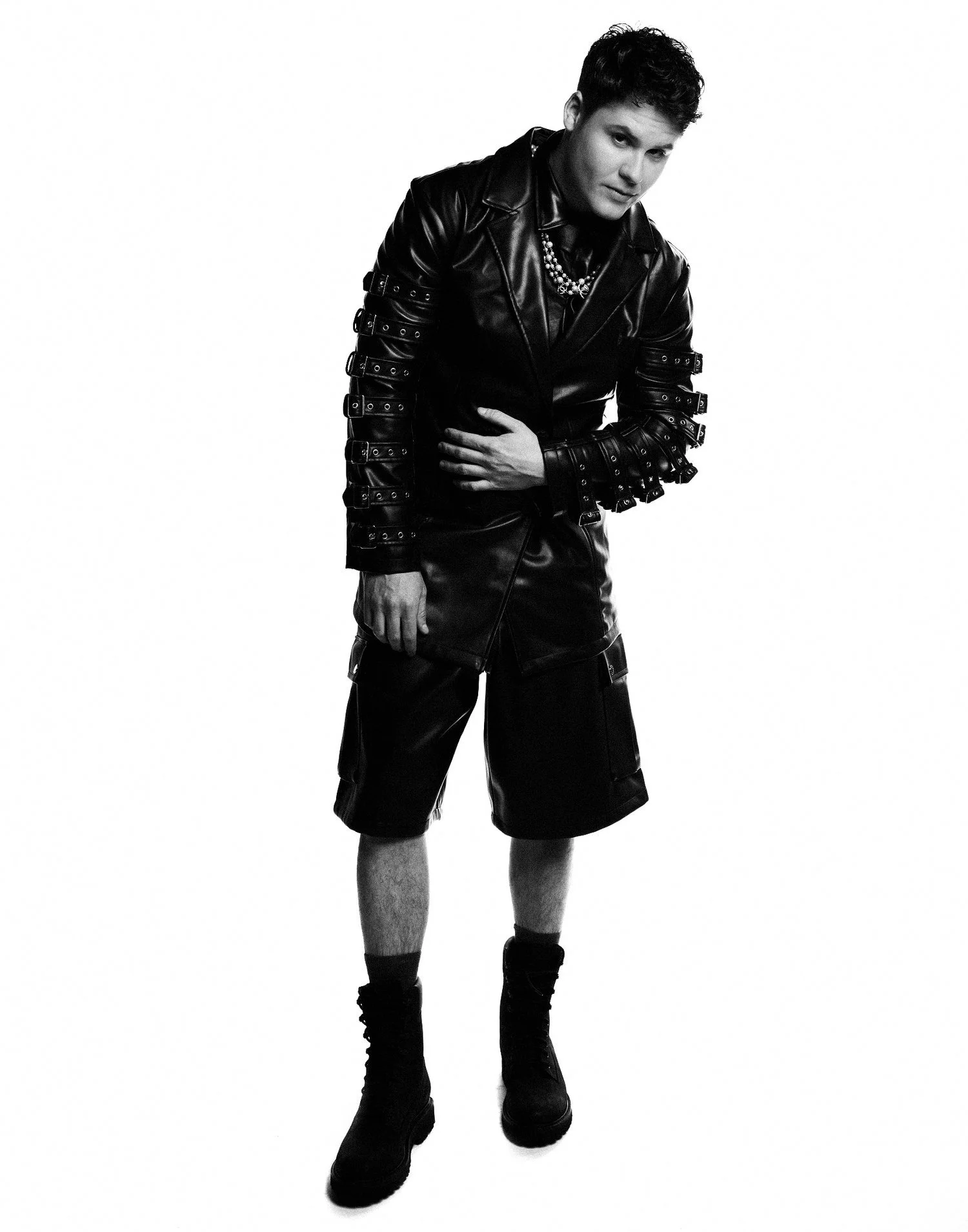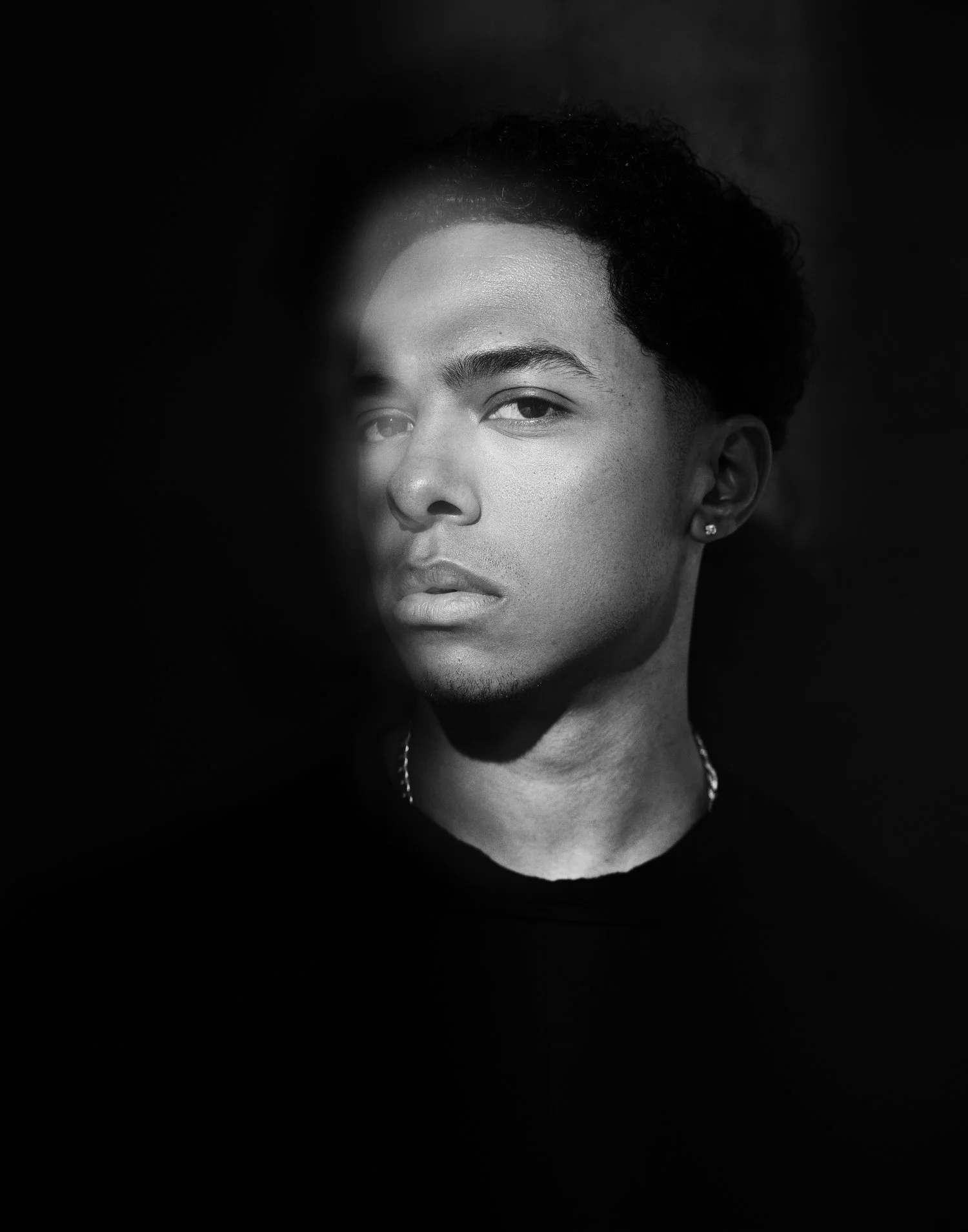Carl Siciliano, a Pioneer in the LGBTQ Community, Starting Ali Forney Center
Carl Siciliano has been an altruistic pioneer in the LGBTQ community, making it his life's work to help struggling queer youth. After experiencing the loss of a friend, Ali Forney, to murder on the streets, Siciliano started The Ali Forney Center in their honor, and found selfless passion in protecting others from experiencing what happened to Forney. Since its founding in 2002, The Ali Forney Center has been recognized as the largest center for LGBTQ youth in the country, helping tens of thousands of people since opening its doors. Now, in his new book Making Room, Siciliano is recounting 3 decades of stories from the teens he has helped, giving a deeper insight into the passion behind his work.
Can you share the story of what it was about Ali Forney that inspired you to want to create a safe space for displaced LGBTQ youth?
Ali Forney was the most inspiring person I ever met. Ali was a black Black, nonbinary youth who was homeless on the streets of NYC when I met them in 1994. Ali survived like most homeless queer youths did back then, through sex work, and like many, Ali was addicted to crack and like all the queer youths, Ali had nowhere safe to sleep. New York City was far more interested in incarcerating its homeless kids than in housing them. And the queer kids had it worst of all--in the few shelters available they faced brutal homophobic and transphobic violence. Ali and their friends endured a living hell.
But none of those horrors could prevent prevented Ali from showing tender love and caring care to their peers. Whether striving to protect others from AIDS, sharing food with hungry kids in the streets, or advocating that the police investigate a string of unsolved murders of homeless transgender sex workers, Ali continuously demonstrated that homeless LGBTQ youths were worthy of love and respect. That was what inspired me to create the Ali Forney Center after Ali was murdered in the streets--I desperately wanted us to carry Ali's love forward.
The center has grown significantly since its founding in 2002, what have been some key milestones and achievements over the years?
The Ali Forney Center has grown from a tiny endeavor with six cots in a church basement to being the largest, most comprehensive organization in the world dedicated to homeless LGBTQ youths. We've provided housing and support to thousands of young people. A milestone in which I take particular pride was persuading NYC government to invest tens of millions of dollars to significantly increase the number of housing options available to our homeless youths. We did this by rallying our local LGBTQ community to demand that our political leaders stop leaving our kids stranded in the streets. (PhotoBook's own Mike Ruiz was one of the advocates who stood up with us during that fight).
Would you say that government funding and support are the biggest challenges in maintaining your ability to provide services for the LGBTQ youth that depend on The Ali Forney Center?
In our early years, the lack of governmental support was a huge barrier. It's gotten much better in the past decade, but our federal funding remains precarious. Republican administrations are much less inclined to fund the needs of the LGBTQ community--which infuriates me, because they certainly have no problem taking our taxes.
The Ali Forney Center not only provides a safe space for LGBTQ youth to stay, they also offer a multitude of other services. Can you walk us through some of the resources available?
The Ali Forney Center provides a drop-in center in Manhattan where we offer an incredible range of supportive services to the young people living with us, as well as to those waiting for placement in our housing. A meal program that serves thousands, medical and mental health services, vocational and educational assistance, specialized support for our TGNC youths. Something we learned early on was that our clients needed far more than just housing. They needed all the supports (support) every young person deserves.
Your book Making Room out on May 21st, recounts three decades of your firsthand experiences helping and learning from struggling LGBTQ youth. What do you hope people will take away from reading Making Room?
I hope those who read Making Room will be inspired by its narrative of love's power to bring about radical transformation. In this time, when LGBTQ youths are under unprecedented and vicious political attack, it tells an urgently-needed story of how our community can come together to protect our most vulnerable kids. And on a basic level, I think it is a compelling story. I really liked how one early reviewer wrote it was "unputdownable" and another called it "soul-altering,” “soul-altering.” I hope my readers will agree!
Making Room tells the unheard stories of the countless youths you have met over the years. Are there any particular stories that have impacted you, or that really encapsulate the mission of The Ali Forney Center?
A story that stays with me is that of KJ, one of the first youths who lived with us when we first opened in 2002. KJ's mother violently attacked him upon learning he was queer, tearing at his hair with such force that she ripped out part of his scalp. As KJ fled for his life, running down the stairwell of his Brooklyn building, his mother screamed, "You'll be back! The faggots will never take care of you!" I'm proud we were able to prove her wrong. And and I'm super proud of KJ, who overcame so much trauma and is now an attorney!
How has your 30 years of experiences with the Ali Forney Center changed you as a human being?
My thirty years of working with homeless LGBTQ youths has enriched my life tremendously. I've gotten to know many amazing young people, and a good number still keep in touch with me. It is such a delight to see so many thrive in their lives. But my heart has also taken a battering. I'll never get over Ali's being murdered on an icy December sidewalk, alone and forsaken. And I'll never get over so many young people telling me what it means to be rejected by their families, and the horrors of sleeping in the streets. So yeah, I've been enriched and my heart has been broken. I hope it's all made me more openhearted, and a more humble person.
Visit: https://www.aliforneycenter.org
Instagram: @AliForneyCenter
CREW CREDITS:
Talent: Carl Siciliano
PhotoBook Editor-In-Chief: Alison Hernon
PhotoBook Creative Director + Photographer + Producer: Mike Ruiz
Tearsheets by Daniel López, Art Director, PhotoBook Magazine
Interview by Ethan Engh, Contributor, PhotoBook Magazine







